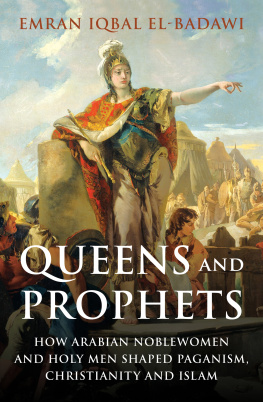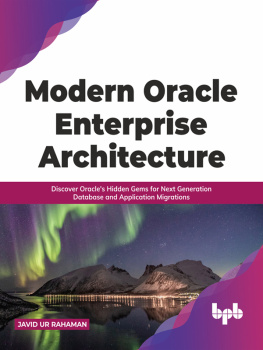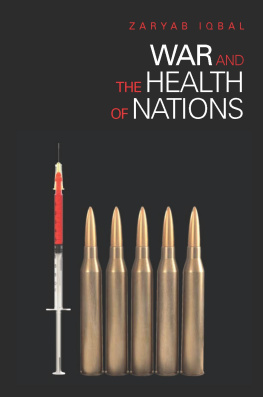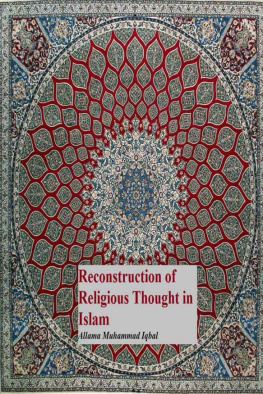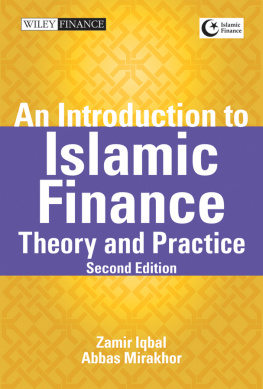First published in 1966
This edition first published in 2011
by Routledge
2 Park Square, Milton Park, Abingdon, Oxon, OX14 4RN
Simultaneously published in the USA and Canada
by Routledge
270 Madison Avenue, New York, NY 10016
Routledge is an imprint of the Taylor & Francis Group, an informa business
1966 This Translation George Allen & Unwin, Ltd
Printed and bound in Great Britain
All rights reserved. No part of this book may be reprinted or reproduced or utilised in any form or by any electronic, mechanical, or other means, now known or hereafter invented, including photocopying and recording, or in any information storage or retrieval system, without permission in writing from the publishers.
British Library Cataloguing in Publication Data
A catalogue record for this book is available from the British Library
ISBN 13: 978-0-415-57033-6 (Set)
eISBN 13: 978-0-203-83010-9 (Set)
ISBN 13: 978-0-415-60853-4 (Volume 14)
eISBN 13: 978-0-203-83303-2 (Volume 14)
Publishers Note
The publisher has gone to great lengths to ensure the quality of this reprint but
points out that some imperfections in the original copies may be apparent.
Disclaimer
The publisher has made every effort to trace copyright holders and would
welcome correspondence from those they have been unable to trace.
IQBAL
_______________
JAVID-NAMA
Translated from the Persian
with introduction and notes
by
ARTHUR J. ARBERRY
_______________
London
GEORGE ALLEN & UNWIN LTD
RUSKIN HOUSE - MUSEUM STREET
FIRST PUBLISHED IN 1966
This book is copyright under the Berne Convention. Apart from any fair dealing for the purpose of private study, research, criticism or review, as permitted under the Copyright Act, 1956, no portion may he reproduced by any process without written permission. Inquiries should be addressed to the publishers
This Translation (C) George Allen & Unwin, Ltd. 1966
UNESCO COLLECTION OF REPRESENTATIVE WORKS
PAKISTAN SERIES
This work was prepared for the Pakistan Series of the Translations Collection of the United Nations Educational, Scientific and Cultural Organization (UNESCO)
PRINTED IN GREAT BRITAIN
in 12 point Perpetua type
BY UNWIN BROTHERS LIMITED
WOKING AND LONDON
INTRODUCTION
_______________
The bare facts of the life and career of the author of the work here translated may be summarized in a few sentences; more extended biographies are not far to seek, and for the English-reading public A. Schimmes Gabriels Wing , Iqbal Singhs The Passionate Pilgrim , and S. A. Vahids Iqbal, his Art and Thought , contain a wealth of detail and interpretation sufficient to satisfy the most exacting curiosity.
Muhammad Iqbal was born on February 22, 1873, at Sialkot, a populous centre of West Punjab near the borders of Jammu, of a family hailing originally from Kashmir. In 1895 he moved to Lahore to complete his formal studies, and there began to write. In 1905 on the advice of Sir Thomas Arnold, at that time teaching in Government College, he proceeded to England and for three years at Trinity College, Cambridge he applied his great energies chiefly to philosophy under McTaggart. Graduating from Cambridge in 1908, Iqbal qualified for the Bar in London and did post-graduate work in Germany before returning to India to teach in Lahore and to practise law; later he resigned his appointment at Government College and concentrated on his legal and political work. In 1924 he became a member of the Legislative Assembly of his native province, and in 1930 he was elected President of the Moslem League of India; meanwhile in 1922 a knighthood had been conferred upon him. Taking part in the London Round-Table Conference on India in 193132, he spent 1933 in Afghanistan as adviser on education. In 1934 his health began to decline, and on April 21, 1938, he died.
Throughout his extremely active life, in which he did so much to shape the destinies of the land of his birth and to mould the political future of the Moslem community (so that he has been called the spiritual founder of Pakistan), Iqbal maintained a steady and, towards the end, a torrential output of literature. Writing with equal facility in Urdu, Persian and English, and in his soaring range covering law, philosophy and religion as well as politics, it was as a poet that Iqbal made his greatest contribution to letters. On his death Rabindranath Tagore wrote: The death of Sir Muhammad Iqbal creates a void in literature that like a mortal wound will take a very long time to heal. India, whose place in the world is too narrow, can ill afford to miss a poet whose poetry had such universal value. Iqbas first publication, in 1901, was a treatise on economics in Urdu, the earliest to appear in that language; his last, issued posthumously under the title Armughan-i Hijaz (Present from Hijaz), contained his final collection of Persian and Urdu poems. The volume here translated, the Javid-nama , came out in 1932.
Iqbas magnum opus , writes his biographer S. A. Vahid, is the Javid Namah . Within a few years of its publication the poem became a classic, and one great scholar proclaimed that the poem will rank with Firdausis Shah Namah , Rumis Mathnawi , Sa dis Gulistan and the Diwan of Hafiz. Nor was this tribute an exaggeration, as subsequent criticism showed In judging a poem we have to consider two things: the style and the substance. So far as the style is concerned, Javid Namah belongs to the very first rank of Persian verse. It is unsurpassed in grandeur of expression, in beauty of diction and in richness of illustration. As regards theme, the poem deals with the everlasting conflict of the soul, and by telling the story of human struggle against sin, shows to mankind the path to glory and peace. In every line the poet makes us feel that he has something to say that is not only worth saying, but is also fitted to give us pleasure. Thus, as regards style as well as theme the poem is a masterpiece.
The Javid-nama , having been frequently reissued in lithograph the edition on which the present translation is based was published in 1946 at Hyderabad (Deccan)was first translated, into Italian, by Professor Alessandro Bausani under the title II Poema Celeste (Rome, 1952). A version in German verse, Buch der Ewigkeit (Munich, 1957), has come from the pen of Professor Annemarie Schimmel. A French version, by E. Meyerovitch and Mohammed Mokri, has the title Le Livre de lternit (Paris, 1962). In 1961 a translation in English verse was published in Lahore, The Pilgrimage of Eternity , by Shaikh Mahmud Ahmad. The poem has thus reached a truly international public, and has already taken its rightful place amongst the modern classics of world literature.
Iqbal composed three long Persian poems in which he gave artistic expression to his highly characteristic philosophical ideas. The first of these, the Asrar-i Khudi , was published in 1915 and on its first appearance took by storm the younger generation of Indian Moslems. Iqbal, wrote one of them, has come amongst us as a Messiah and has stirred the dead into life. So wrote R. A. Nicholson, whose prose version of this work, The Secrets of the Self (Macmillan, 1920), first introduced Iqbas writings to the western public. The second of the trilogy, the Rumuz-i Bekhudi , came out in 1918, but it was not until 1953 that the first translation appeared, an English blank-verse rendering by the present writer entitled The Mysteries of Selflessness (John Murray).




